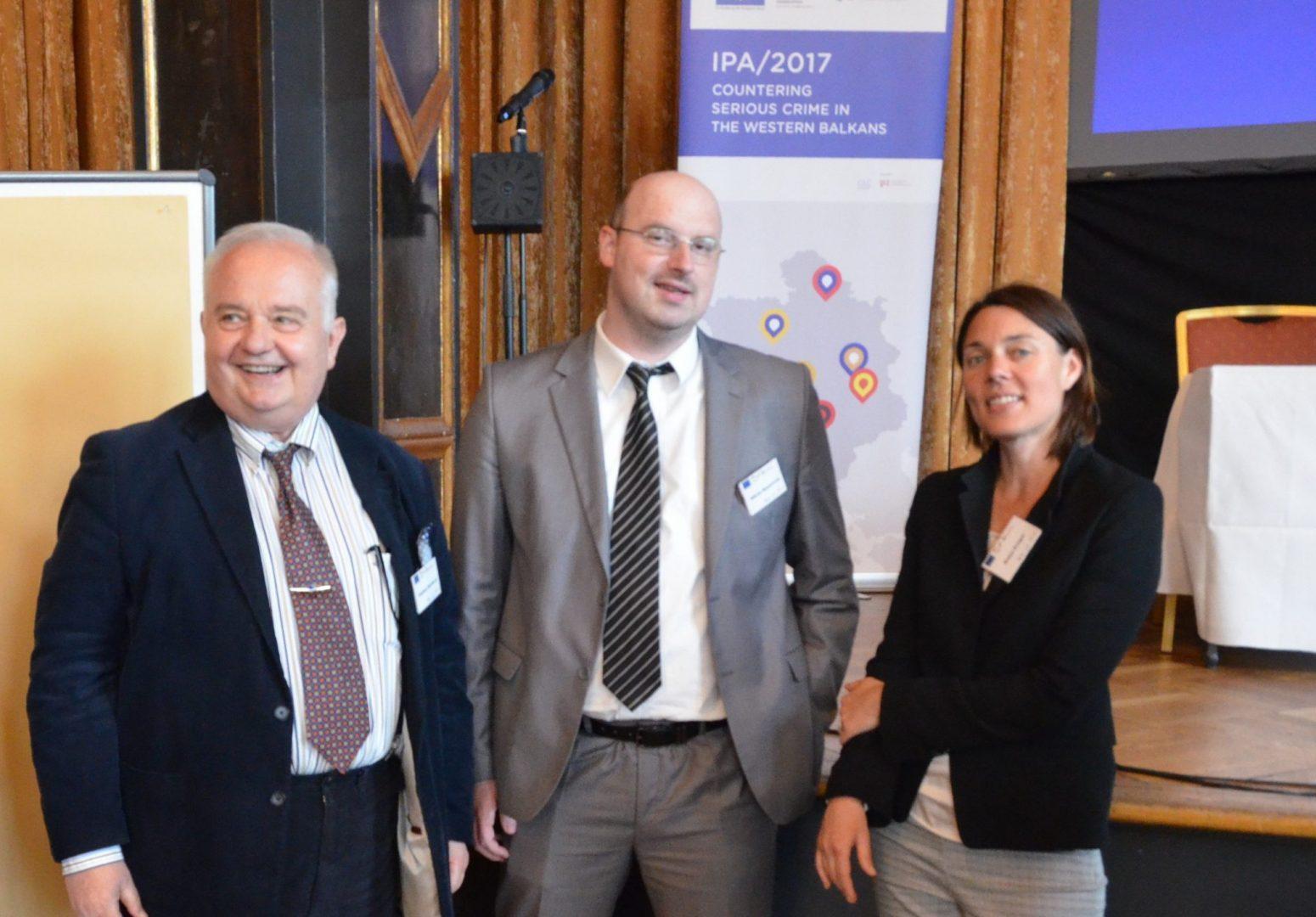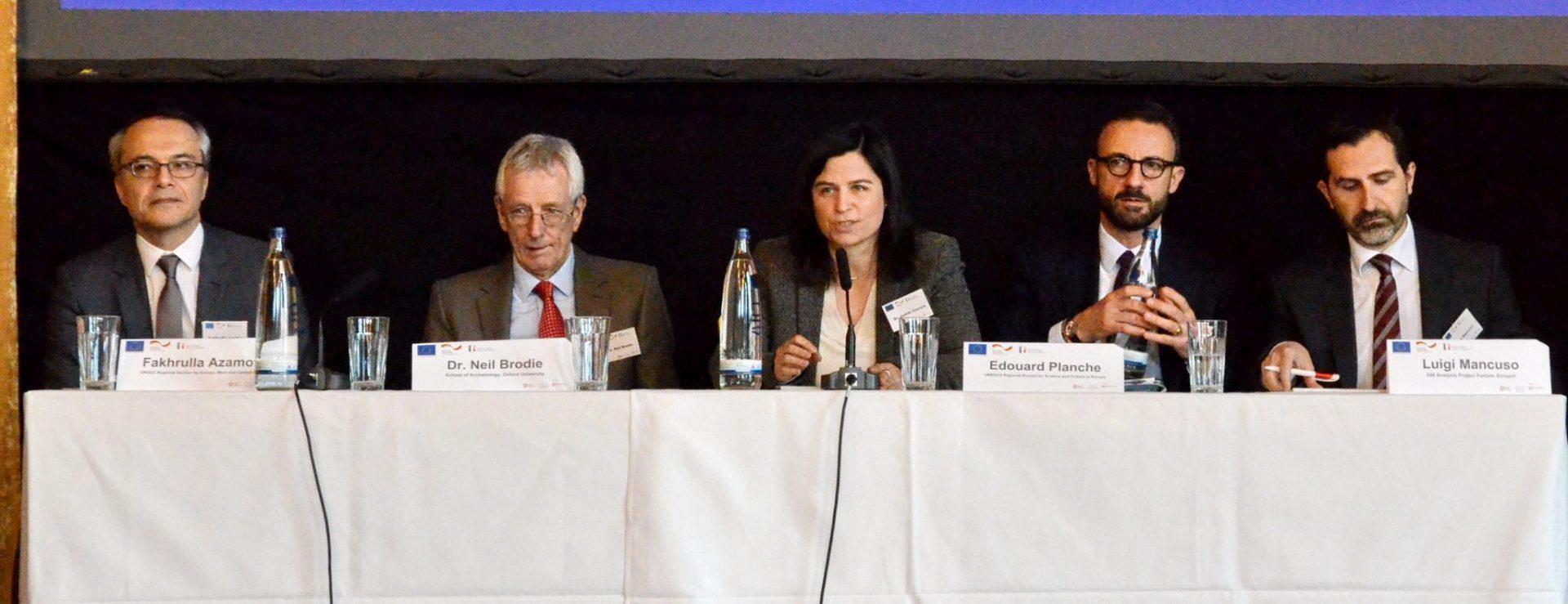The Regional Conference on Combatting Trafficking of Cultural Heritage took place from 6-7 May 2019 at the Künstlerhaus in Munich, Germany. Over 70 participants travelled from the Western Balkan region and other European countries to attend. As this topic is also relevant and important for Serbia, nine representatives from Serbia’s Ministry of Justice, Ministry of Interior, Ministry of Finance, Ministry of Culture and Information, Public Prosecutor’s Offices and Courts participated in the conference.
Objectives of the conference
The main goals of the conference were to raise awareness, of both public and legal entities, on the trafficking of cultural heritage, and to increase understanding of the modus operandi of organised crime groups involved in this criminal activity. Expert speakers from organisations including Europol, the Spanish Guardia Civil, Oxford University, UNESCO, UNODC, and the World Customs Organization shared their knowledge of how criminals are falsifying and smuggling documents of origin, and the impact this has culturally, historically and socially.
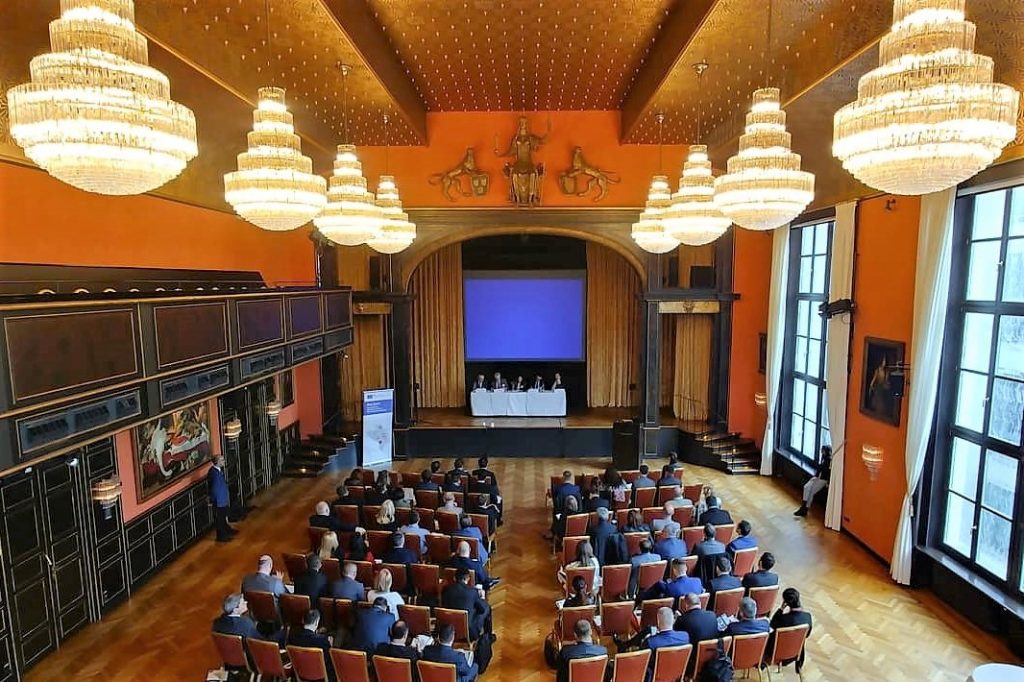
Shifting trends pose a global challenge
Experts agreed on the importance of allocating resources, conducting investigations, raising political awareness and increasing information collection and exchange to combat the illicit trade of cultural objects. To do so authorities must keep up with trafficking trends – which have adapted from the physical to online market, shifting the exchange of a low volume of high value items to now a high volume of low value items. Globalized trade offers a new means of shipment and a wealth of contacts. Trafficking of material is not well documented and can seemingly be done at low risk. We are now seeing the systematic destruction of cultural heritage no longer as collateral damage, but deliberately targeted for monetary gain.
Unfortunately, investigations often remain on the local level with limited resources. This poses specific challenges to authorities and emphasizes the importance of international cooperation and harmonization. EU connections are crucial in identifying underlying criminal networks and high-value targets.
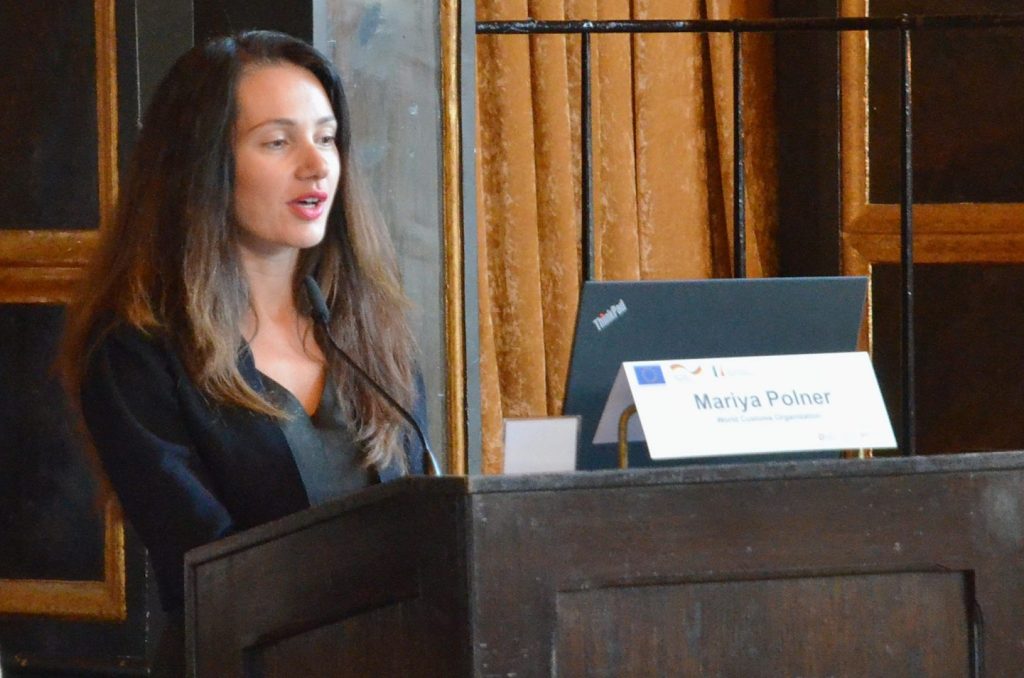
Legal instruments and prevention strategies
The first line of defence against cultural heritage trafficking, customs officers and border police, would benefit from more available data, specific trainings and increased awareness. These officers work within sometimes dangerous conditions, with limited available information and unrealistic expectations of being experts in a wide range of subject areas such as wildlife, medicine and history. Policing procedures for cases of cultural heritage theft and trafficking also require attention as current laws may only be relevant for certain time periods, have exceptions for certain objects, and operate under the underlying ideology – “everything is legal, as long as it is not illegal” – making investigations difficult to conduct and crimes difficult to prove.
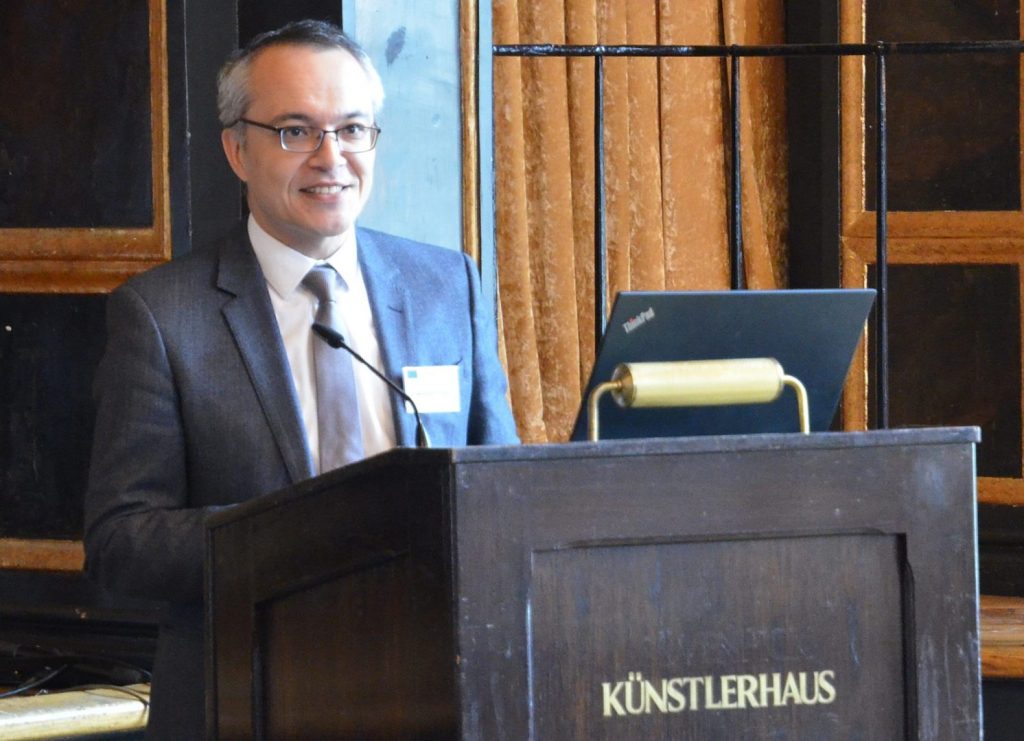
Putting trafficking of cultural goods on the agenda
Steps are being made to combat poor reporting and inadequate sentencing by institutions such as the Cultural Foundation of the German Federal States. The foundation supports a research program detecting and documenting trafficking routes, digital storage and mobile access to a cultural heritage database, and a best practice guide for government authorities and stakeholder groups. This and other incentives work towards the agreed way forward, bringing local police and those of expertise in contact to establish international connections and standards, and place cultural heritage trafficking as a political priority.
The conference was organised by the IPA/2017 Countering Serious Crime in the Western Balkans Project, jointly funded by the European Union (DG NEAR) and the German Federal Ministry of Economic Cooperation and Development (BMZ). The Project is implemented by the Deutsche Gesellschaft für Internationale Zusammenarbeit (GIZ) GmbH on behalf of the BMZ, as well as the Italian Ministry of Interior and the Center for International Legal Cooperation (CILC). To learn more about the project and its work, visit its website at www.cscwb.info.
